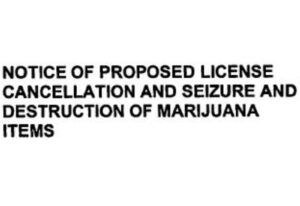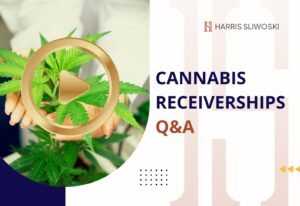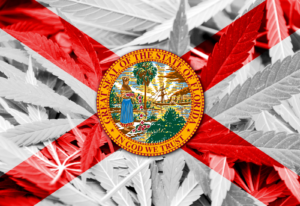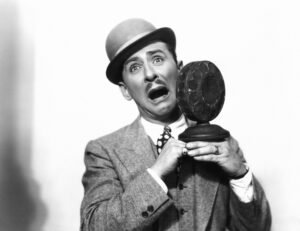
As readers of this blog know, California is on its way to developing robust laws governing the sale (and all other aspects) of cannabis and cannabis products. So, it’s somewhat surprising that California’s laws concerning the sale of industrial hemp and hemp-derived cannabidiol (“hemp-CBD”), to the extent they even exist, are all over the map. And in some cases, selling industrial hemp or hemp-CBD is apparently unlawful, in spite of the fact that it may contain just trace amounts of THC found in California-legal cannabis products and despite the fact that that hemp-CBD is coming from Farm Bill-sanctioned sources.
Our California cannabis lawyers often get asked what the requirements are for selling industrial hemp or hemp-CBD in California. This post tries to explain California’s convoluted regulation of industrial hemp and hemp-CBD.
As a baseline, “Industrial Hemp” is legally defined as parts of the Cannabis sativa L. plant, or derivatives of that plant, containing less than .3% THC. The Medicinal and Adult-Use Cannabis Regulation and Safety Act (“MAUCRSA”) specifically defines “Cannabis” to exclude Industrial Hemp. The Health and Safety Code echoes this sentiment, and also states that the California Department of Food and Agriculture (“DFA”) exclusively regulates industrial hemp.
The Food and Agriculture Code, which the DFA enforces and interprets, includes some provisions regarding industrial hemp—but notably that Code contains nothing concerning its sale. We have been monitoring (here and here) California’s SB-1409, which modifies these parts of the Food and Agriculture Code, but again there are no requirements concerning actual sales (for what it’s worth, you can also read more about the expiration of the federal 2014 Farm Bill here). Even the DFA has recognized that “California law does not currently provide any requirements for the manufacturing, processing, or selling of non-food industrial hemp or hemp products.”
The message here then is that there are no regulations governing the sale of industrial hemp or hemp-derived CBD. There are, however, some other pretty important requirements at the legislative, policy, and even local levels that could affect hemp and hemp-CBD businesses across the state:
- Legislation: California recently passed legislation banning licensed cannabis or alcoholic beverage companies from selling alcoholic beverages that contain cannabis, or cannabinoids derived from industrial hemp. Stay tuned for in-depth coverage of that in another post.
- Policy: Over the summer, the California Department of Public Health’s Food and Drug Branch (“FDB”) drafted a FAQ taking the position that “the use of industrial hemp as the source of CBD to be added to food products is prohibited.” We don’t yet know what FDB’s enforcement measures will look like, if anything, but it’s pretty clear what its position is on hemp-CBD in food and drinks.
- Local Level: This is where things get dicey. As anyone familiar with cannabis law knows, every one of the hundreds of cities and counties in California has different laws on cannabis licensing. One common requirement for any business in most municipalities is to have a form of business license—and this may be an area in which local jurisdictions create specific industrial hemp and hemp-CBD requirements. For example, the Department of Cannabis Regulation (“DCR”) within the City of Los Angeles recently published an “attestation” form that hemp business owners must sign under penalty of perjury, certifying that their hemp-CBD or industrial hemp products meet the definitions of the Health and Safety Code, and that those products are not “cannabis”. This is now apparently a requirement for Los Angeles hemp businesses that wish to obtain local business licenses, and it looks like that’s the only hemp/hemp-CBD “regulation” that the City of Los Angeles currently has on the books.
Overall, the bottom line is that we still lack the critical legal infrastructure for industrial hemp and hemp-CBD in California. We don’t know how the state or localities will enforce the FDB FAQ. We don’t know how the state will regulate hemp-CBD sales. We don’t know how the locals will regulate hemp-CBD businesses, if at all.
So, stay tuned, as we’ll be sure to write about new California hemp and hemp-CBD laws as they come.























